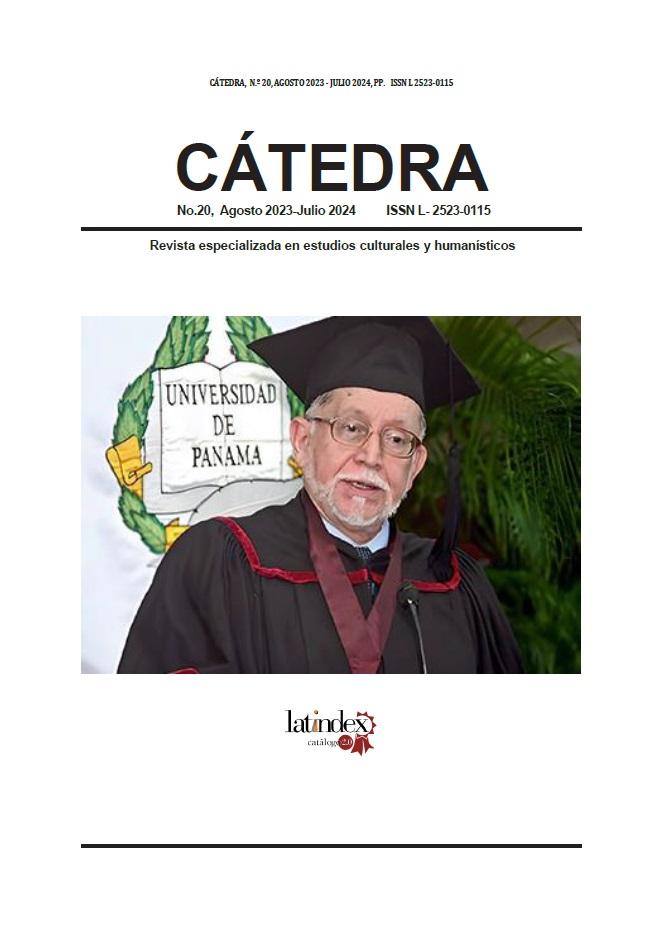

Copyright (c) 2023 Cátedra

Este trabalho está licenciado sob uma licença Creative Commons Attribution-NonCommercial-ShareAlike 4.0 International License.
El estudio de las doctrinas como medio para establecer la influencia en las mentalidades colectivas, nos permite comprender la complejidad y evolución dentro de la construcción política, económica, social y cultural de nuestras sociedades. Tal es el caso de la doctrina Monroe, la cual ha sido analizada durante décadas. Fue presentada por el quinto presidente de Estados Unidos James Monroe, en su discurso ante el congreso en 1823. Sin embargo, no era considerado en ese momento como un instrumento para articular la política expansionista. Sin embargo, a partir del siglo XX se tomará como elemento clave para su política exterior. Para Marín (1982) “fue el primer paso ideológico con el cual Estados Unidos se enfrentaron a los ingleses” (p. 120). De igual manera coinciden distintos autores sobre la importancia de esta doctrina. Por esta razón se convierte en un referente para el análisis de su vida política. En el marco del bicentenario de la doctrina Monroe, el propósito de este artículo es revisar las conexiones entre la construcción de la identidad política y los antecedentes de la doctrina Monroe. El principal aporte de este es la vinculación entre la construcción de la Identidad política estadounidense y los sucesos que dieron origen a la doctrina Monroe.